If you've recently lost a loved one, you need a trusted advisor like Anthony Rinaldi and Company, LLC to Guide you Through the Probate Process
What is Probate?
Probate determines the value of a deceased person's assets and who should receive the assets and property, according to state law. Probate proceedings also finalize that person's financial issues, outstanding debts, and money collections.
Probate can be complex and exhausting, but Anthony Rinaldi and Company, LLC will aim to simplify the process and provide you with peace of mind during this challenging time. We will handle the bulk of the work and allow you time to grieve.
The Probate Process
Appointing a Supervisor: Before probating begins, the Probate Court appoints a supervisor to oversee the administration and distribution of an estate. An "executor" is a supervisor who is assigned in a will; an "administrator" is selected if there is no will. The executor or administrator may be an individual, a bank, or a trust company.
The duties of an executor or administrator are:
- To determine the names, ages, and degree of relationship of heirs.
- To take possession of, and conserve all of the real and personal property of the deceased person.
- To file with the Probate Court an inventory of all the assets held in the name of the deceased person.
- To receive and determine the validity of all claims against the deceased person's estate.
- To file tax returns and to pay income and estate taxes.
- To make distribution of the estate's assets to the proper persons.
- To file an account of all receipts and disbursements made by the executor or administrator with the Probate Court.
Other typical steps include:
- Authenticate the Will: If there is a will, the court will verify its validity. This ensures that the document genuinely reflects the deceased's wishes and complies with the state's legal requirements.
- Asset Inventory: The Supervisor must compile an inventory of the deceased's assets. This includes real estate, personal property, financial accounts, and more. An accurate inventory is essential for a smooth probate process.
- Creditor Notification: Part of the probate process involves notifying creditors of the deceased's passing. Creditors are given the opportunity to make claims against the estate, and approved claims are paid through the estate.
- Distribution of Assets: Once all debts and expenses have been settled, the remaining assets are distributed to heirs and beneficiaries according to the will or, in the absence of a will, Ohio's intestate succession laws.
- Closing the Estate: After all tasks are completed, the estate is officially closed, and the executor's responsibilities conclude.
Common Probate Challenges
Creditor Disputes
Addressing creditor claims can be complex, especially when multiple creditors come forward with different demands. Our experienced probate attorneys are skilled in negotiating and resolving these disputes. They ensure that creditors' claims are valid and reasonable, protecting the estate's assets from unjust claims. Through careful examination and negotiation, we work to reach fair resolutions that uphold the deceased's wishes and comply with legal obligations.
Will Contests
Disputes over the validity of a will can lead to lengthy legal battles, potentially delaying the probate process. Anthony Rinaldi and Company is well-versed in will contests and can provide sound legal guidance. We evaluate the evidence, gather witnesses, and build a strong case to defend the validity of the will or address any concerns raised. Our goal is to minimize delays and resolve disputes efficiently, allowing the probate process to proceed smoothly.
Family Conflicts
Heated family dynamics can complicate the process further, making it essential to have a neutral party, such as a probate attorney, mediate disputes. Our attorneys serve as impartial mediators, facilitating communication and negotiation among family members. We aim to find amicable solutions that preserve family relationships and ensure the deceased's wishes are respected. Our expertise in conflict resolution helps prevent prolonged legal battles that can be emotionally and financially draining.
Probate FAQs
Probate can be complicated and confusing - but we'd like to simplify it for you. Here are some FAQs:
Probate vs Non-Probate Assets
Not all assets are subject to Probate so it is important to undertand the differences. Probate assets typically include solely owned real estate, personal property, and assets without designated beneficiaries
Non-probate assets, on the other hand, bypass the probate process and transfer directly to your chosen beneficiaries. These assets are typically designated to specific individuals or entities, ensuring a smoother transition of wealth.
Family Settlement Agreements
A Family Settlement Agreement (FSA) is a legally binding contract entered into by the heirs, beneficiaries, or interested parties of an estate. It serves several essential functions:
- Dispute Resolution: Resolve disputes related to any estate-related conflicts.
- Amicable Resolution: A less adversarial approach than court proceedings.
- Customized Solutions: Solutions tailored to your unique circumstances.
- Legal Validity:
Once signed, FSAs become legally binding.

